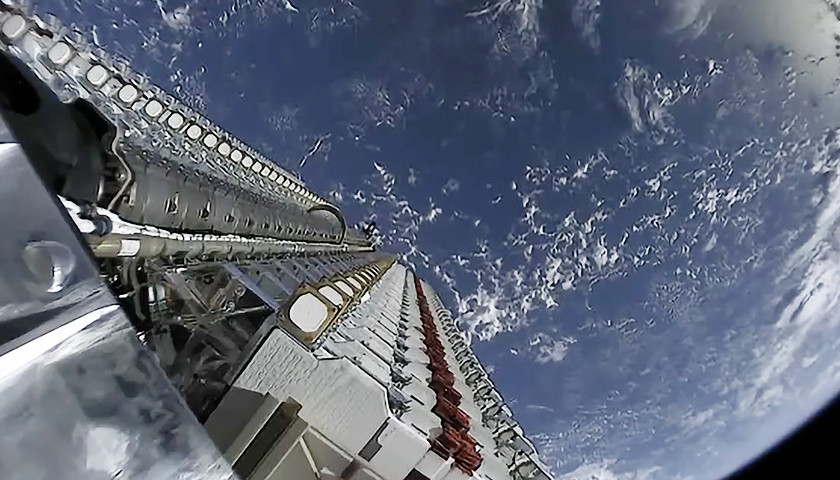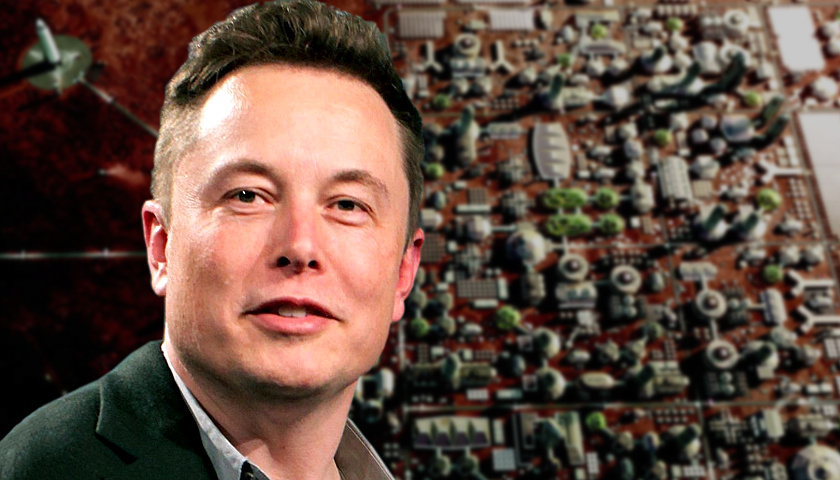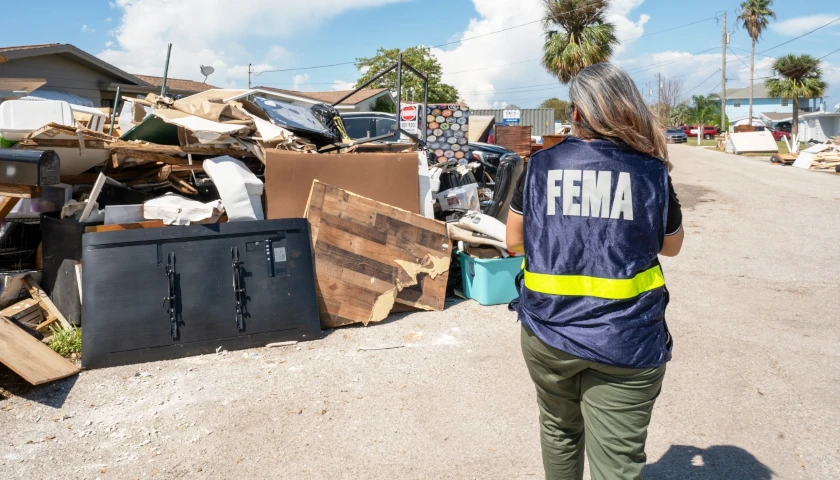Wise County Public School’s (WCPS) pilot program with SpaceX Starlink to provide satellite internet to rural students has been a success so far, and area officials and legislators are considering expanding the program to neighboring counties. In an April 8 press conference WCPS Director of Technology Scott Kiser provided an update on the program which has helped 45 homes with close to 100 students.
Kiser said that even during recent snow, the in-home devices performed well and provided speeds much faster than traditional satellite internet. He said they warned people that it was a “better-than-nothing beta,” and tried to use mobile hotspots where possible, saving the Starlink devices for those who really needed it. Still, Kiser said he’d been surprised by the internet speeds that students have had with few outages.
Appalachian Council for Innovation President Donald Purdie said, “Because of the success of the beta test in Wise County, the council is embarking on an effort to raise capital through the public-private partnership, so that we can expand the deployment of space-based internet.”
Purdie said enhancing students’ access to internet was key to helping prepare them for future careers.
He described an incremental program that would allow local officials to become familiar with the technology. “The next incremental phase as I understand it is five geographical locations serving Lee, expanding on Wise, Russell, Dickenson, and Buchanan Counties, and there will be a total of 60 connections in each of those geographical satellites. So that’s going to handle probably three hundred households, so we’re looking at maybe five or six hundred students to be served for that, which is about ten percent of where we need to be in southwestern Virginia,” he said.
Kiser described one student who used to drive into town to get internet to do school.
He said, “Now, he didn’t have to chose what days he drove to town to be part of the classroom experience. Now he could do it everyday. Because he was honest. He wasn’t going to drive to the fire hall and spend three and four hours everyday. And that’s a lot of what we heard from many, many of our students, and our parents.”
Kiser said some parents would drive their students to parking lots outside the library or schools to get internet connection for virtual learning. “But there were those that were not going to do that. If it was not connected to the home, then it wasn’t going to be effective for us.”
But the program wasn’t initiated just in response to virtual learning. Kiser said the effort was begun even before the pandemic, and described expanding the Starlink program as a potential long-term way to solve rural internet connectivity problems, alongside more conventional broadband providers.
“The reality is we have always wanted ways to connect our students so that learning didn’t end at 3:30 when they left,” Kiser said.
He said that learning is often unscheduled as students pursue their own interests through the internet. He said, “We want to see every student connected, whether they’re in our county, our state, or in this country.”
The program is part of a beta test from SpaceX, and costs were split between the Wise County general fund and a federal grant Kiser obtained. The county paid $24,705, spent on equipment including a $500 package for each family that includes a small satellite dish, according to Wise County Administrator Michael Hatfield. In March, WDBJ reported that Wise County’s program earned a mention in a recent broadcast during a Starlink satellite launch.
Congressman Morgan Griffith (R-VA-09) was also present, and he praised the officials who initiated the project.
Griffith said, “I have to say I was so excited when I heard about this project. And there were some grants across the ninth district, but to hear that you all were taking the lead and actually stepping out and making it happen and being the first, that is so exciting as your representative.”
“We’ve been in this tunnel waiting for broadband for rural areas of Appalachia for a long time, and finally we can see the light at the end of the tunnel,” Griffith said.
– – –
Eric Burk is a reporter at The Virginia Star and the Star News Digital Network. Email tips to [email protected].





